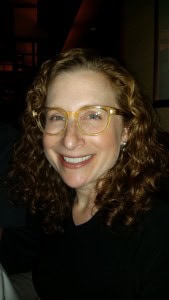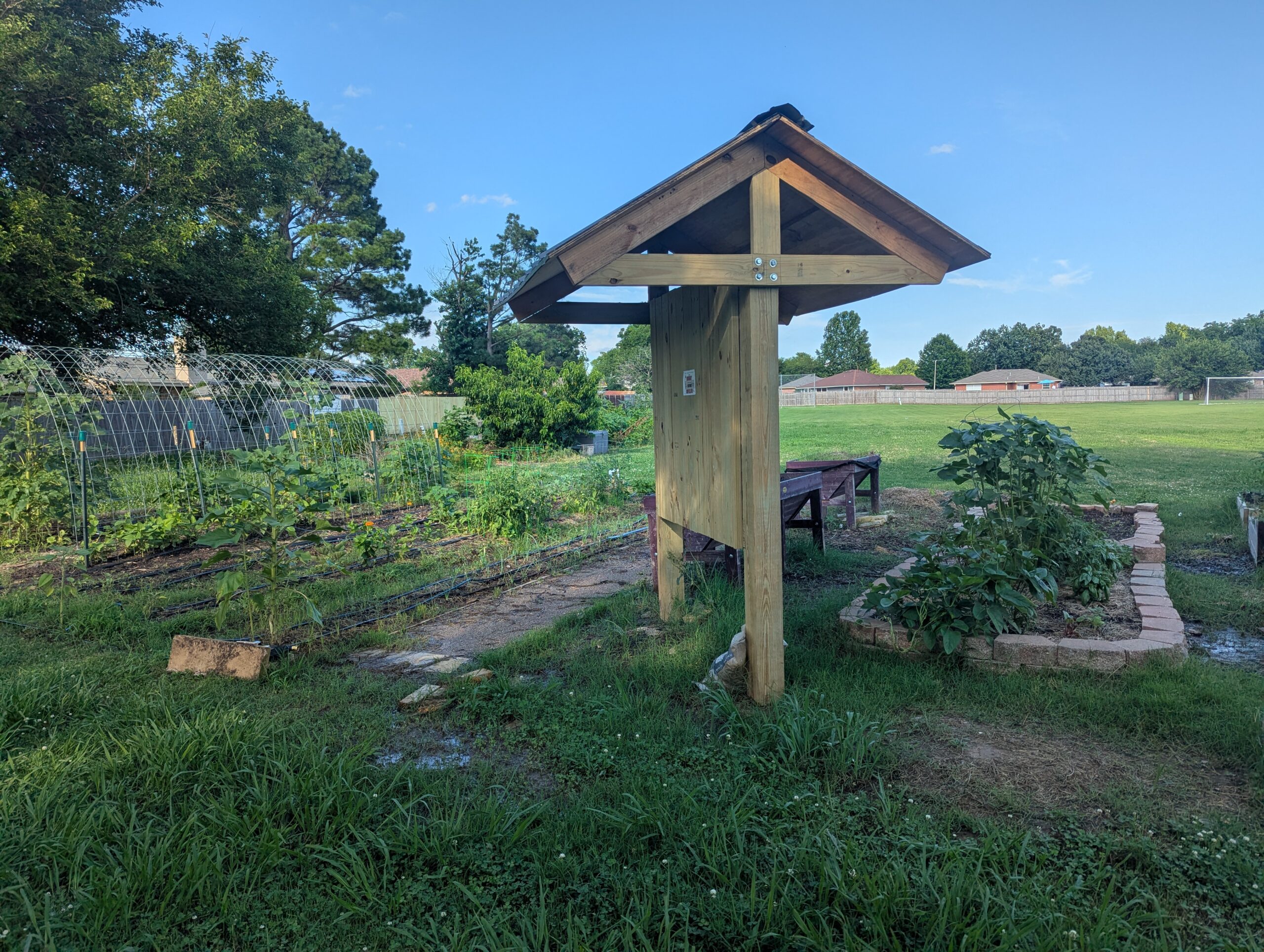AHA members are involved in all fields of history, with wide-ranging specializations, interests, and areas of employment. To recognize our talented and eclectic membership, AHA Today features a regular AHA Member Spotlight series.
Lauren Apter Bairnsfather is the executive director of the Holocaust Center of Pittsburgh. She lives in Pittsburgh, Pennsylvania, and has been a member since 2007.
 Twitter handle: @DrLaurenA
Twitter handle: @DrLaurenA
Alma maters: BA, University of Texas at Austin, 1996; MA, University of Chicago, 2000; PhD, University of Texas at Austin, 2008
Fields of interest: Jewish history, Holocaust and memory, British Empire
When did you first develop an interest in history?
In middle school at the Ellis School for Girls in Pittsburgh. My sixth grade history class was the most demanding course I had ever taken. My strongest memory is reading chapters from the history book to my younger sister every night. I majored in an interdisciplinary Liberal Arts program for undergrad and only discovered that history is where I fit while studying in the Masters Program in Social Sciences at the University of Chicago. My sister became a high school social studies teacher.
What projects are you currently working on?
The Holocaust Center of Pittsburgh (www.hcpgh.org) works with schools in Western Pennsylvania, Eastern Ohio, and Northern West Virginia, providing resources and training to teachers. In October 2015, we opened a public space that includes galleries and a classroom, expanding our mission and vision. Since I started as executive director in July 2015, I spend most of my time meeting people around town and in some cases reconnecting with people I knew many years ago, when I last lived in Pittsburgh. After years away from studying the Holocaust, I am working to learn more about two perspectives. I work closely with the National Catholic Center for Holocaust Education at Seton Hill University. They are dedicated to countering anti-Semitism, beginning with Catholic teachings. I am also following newer scholarship on the Holocaust based in the Soviet archives and the work of Father Patrick DesBois, who is emphatically, per him, not a historian but has 25 historians working for his organization.
Have your interests evolved since graduation? If so, how?
For the past six years, I devoted a lot of energy to advocating for PhDs in alternative academic careers. At the same time, I learned a lot about graduate programs and graduate student success, and gained invaluable experience in employee recruitment and retention while working as a dean’s assistant at the University of Texas. I let go of historical research for a long time, and I am excited now to engage with history each day.
Is there an article, book, movie, blog etc. that you could recommend to fellow AHA members?
Although it came out in 2008, I only recently read Father DesBois’s Holocaust by Bullets. Equal parts memoir and detective story, it is a compelling read.
What do you value most about the history profession?
I value the methodology of historical inquiry and community of historians.
Why have you continued to be a member of the AHA?
I was involved with the AHA before I was a member, as a student of Wm. Roger Louis and participant in the National History Center’s Mellon-funded Decolonization Seminars. I remain a member because of leaders who have kept me involved, even as I moved away from a career in the professoriate.
Do you have a favorite AHA annual meeting anecdote you would like to share?
Too many! The least scholarly anecdote involved a woman approaching me after I was a part of a nonacademic careers panel. She asked what product I use in my hair! We have been friends ever since!
Other than history, what are you passionate about?
Gluten-free food, support for people living with autoimmune conditions, my dogs, my family, and all the other wonderful people in my life.
This post first appeared on AHA Today.
This work is licensed under a Creative Commons Attribution-NonCommercial-NoDerivatives 4.0 International License. Attribution must provide author name, article title, Perspectives on History, date of publication, and a link to this page. This license applies only to the article, not to text or images used here by permission.



